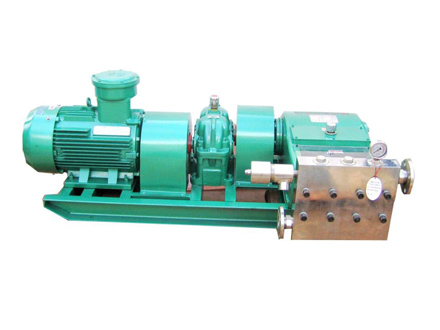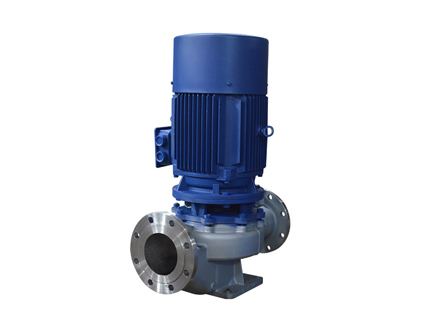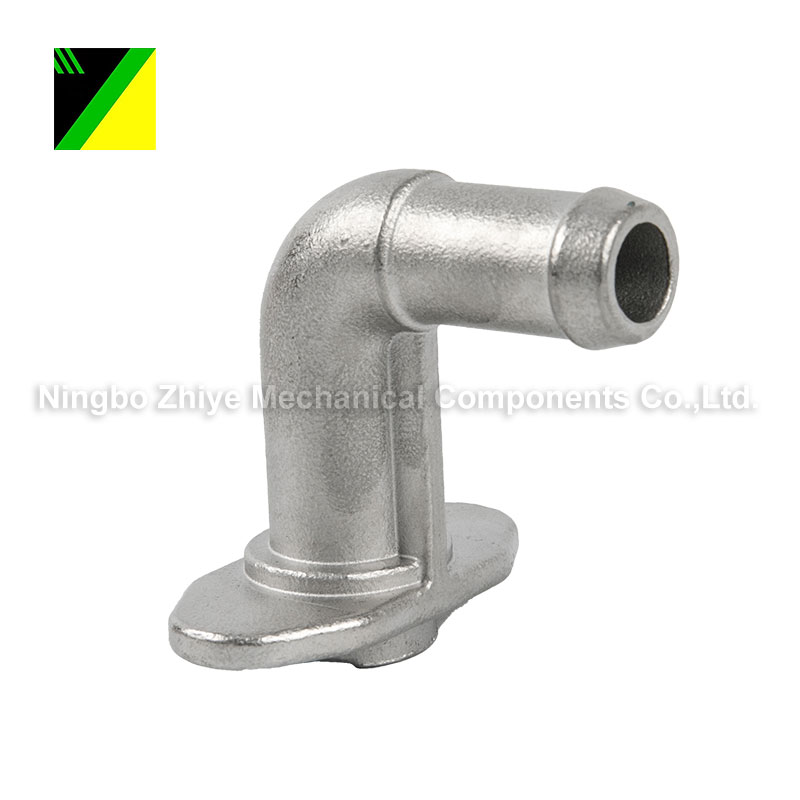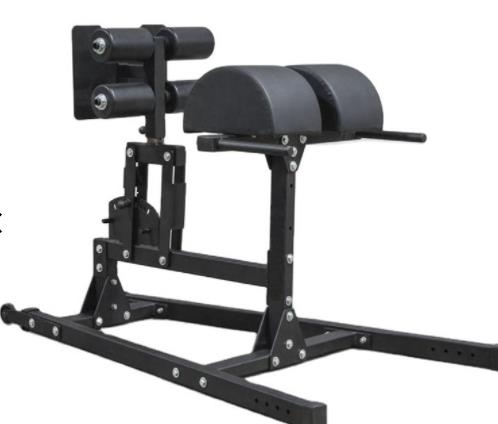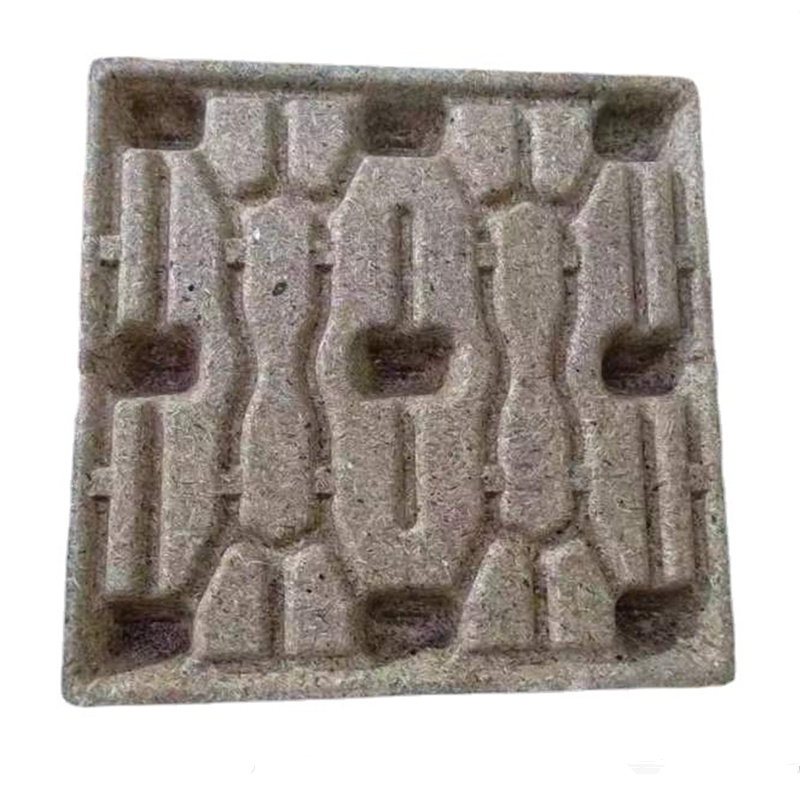Chemical Pump
A chemical pump is a type of industrial pump specifically designed for the safe and efficient transfer of chemicals and corrosive fluids. These pumps are essential in various industries, including chemical manufacturing, petrochemical processing, pharmaceuticals, water treatment, and wastewater mana......
Send Inquiry
Product Description
A chemical pump is a type of industrial pump specifically designed for the safe and efficient transfer of chemicals and corrosive fluids. These pumps are essential in various industries, including chemical manufacturing, petrochemical processing, pharmaceuticals, water treatment, and wastewater management. Chemical pumps are engineered to handle a wide range of chemical substances, including acids, bases, solvents, and other corrosive or hazardous materials.
Here are some key features and characteristics of chemical pumps:
1. Chemical Compatibility: Chemical pumps are made from materials that are highly resistant to the corrosive effects of the chemicals they handle. Common materials used for the construction of chemical pumps include stainless steel, plastic, ceramics, and exotic alloys like Hastelloy or titanium, depending on the specific chemicals being pumped.
2. Sealing: Chemical pumps are equipped with advanced sealing mechanisms to prevent leaks and ensure the safe transfer of chemicals. These seals are designed to withstand the corrosive nature of the fluids being pumped.
3. Types: There are several types of chemical pumps, each designed for specific applications. Common types include:
- Centrifugal Pumps: These pumps use a rotating impeller to create a flow of fluid. They are suitable for transferring low- to medium-viscosity chemicals.
- Diaphragm Pumps: Diaphragm pumps use a flexible diaphragm to displace the fluid. They are particularly useful for pumping chemicals that are sensitive to contamination or require precise metering.
- Gear Pumps: Gear pumps use rotating gears to move the fluid. They are known for their accuracy and are often used for viscous or high-temperature chemicals.
- Peristaltic Pumps: Peristaltic pumps use a flexible tube that is squeezed by rollers to move the fluid. They are suitable for shear-sensitive chemicals and for preventing cross-contamination.
- Mag Drive Pumps: Magnetic drive pumps eliminate the need for a mechanical shaft seal by using magnetic coupling to transfer power from the motor to the impeller. This design helps prevent leaks and is ideal for handling toxic or hazardous chemicals.
4. Flow Rate and Pressure: Chemical pumps are available in various sizes and configurations, allowing for a wide range of flow rates and pressure capacities to meet specific application requirements.
5. Safety Features: Many chemical pumps incorporate safety features such as leak detection, overheat protection, and emergency shutdown mechanisms to prevent accidents and protect personnel and the environment.
6. Control and Monitoring: Some chemical pumps are equipped with advanced control systems and monitoring tools that allow for precise control of flow rates and can provide data on pump performance, which is valuable for maintenance and troubleshooting.
7. Compliance: Chemical pumps used in certain industries, such as the pharmaceutical and food sectors, may need to comply with regulatory standards, such as FDA guidelines or hygienic design requirements.
Proper selection, installation, and maintenance of chemical pumps are crucial to ensure their safe and efficient operation while minimizing the risk of leaks or chemical exposure. Regular inspection and maintenance of these pumps are essential to prevent failures that could lead to hazardous situations or production disruptions.
